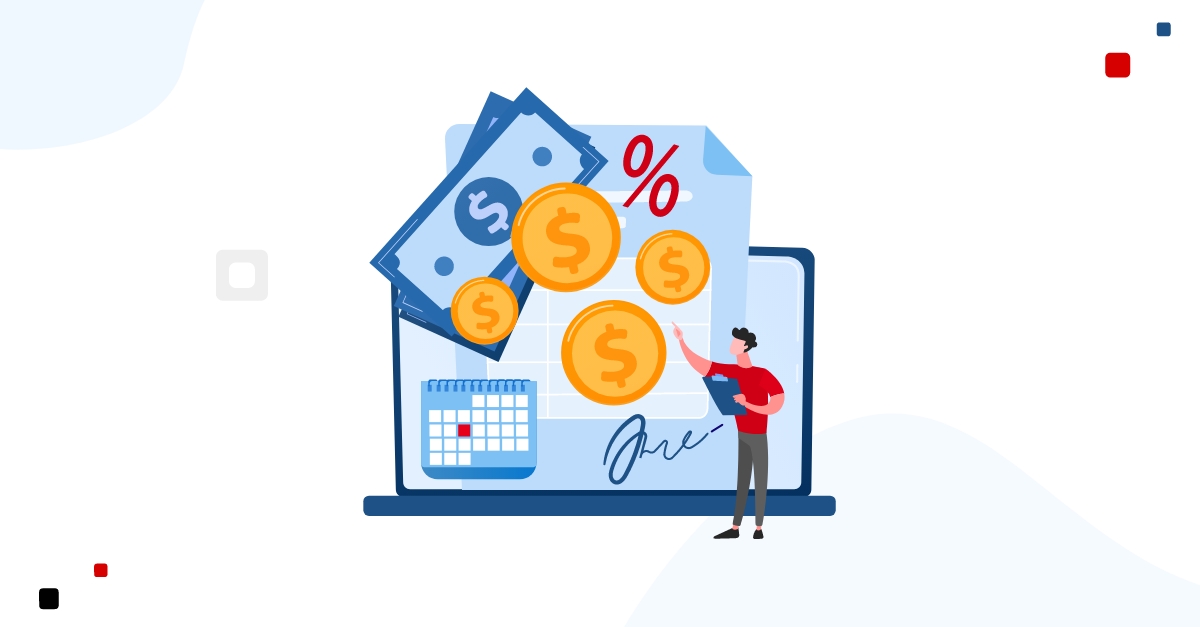Lenders hire debt collectors to recover the debt. Because you are not directly involved in the sale or assignment of your debt to a collection agency, you will not always know which collection firm owns your debt.
Debt collectors usually make their presence known by calling, writing, or contacting you. There are four ways to determine which agency has your debt if you know you have an account in collections but don't know which agency it belongs to.
Inquiring with the Original Lender
The lender with whom you initially had the account may be able to tell you which collection agency bought or otherwise acquired it. However, the account may have been moved to a third party, in which case your original lender will be unable to help.
Before you pay, request that the debt collector send you written documentation of the debt in the form of a debt validation letter.
It's also possible that the original lender will refuse to take payment or even speak with you about the account.
When a lender sells a debt, there's generally nothing that can be done to get the account settled. To make a payment, you'll almost certainly need to contact the collection agency to learn how much you owe and how to pay it.
Examining Your Credit Score
Most collection firms submit debts to the credit bureaus, so a recent copy of your credit report may have the name and phone number you require. Collections that are less than seven years old or brand new may not appear on your credit report.
Because there's no way of knowing whether a collection agency submitted your debt to one or all three credit bureaus. You may need to check your credit reports with all three major credit bureaus: Equifax, Experian, and TransUnion.
Voicemail with Caller ID Checking
If they cannot reach you directly on the phone, legitimate debt collectors will leave a voicemail with contact information. You can also look up a collection agency by typing the phone number from your caller ID or voicemail into a search engine. The search result could include links to websites where other individuals have posted information on who called from that number and what the call was about.
Calling debt collectors without adequately preparing yourself might be dangerous. Once the collector has you on the phone, expect them to try to collect payment from you.
Some debt collection firms specialize in specific categories of debt, such as medical debt or past-due cable bills. You can find out to who you owe money and why by looking up the collection agency's phone number.
Waiting for Them to Call You
If you cannot locate the information on your own, the best course of action is to wait for the collector to contact you via phone or mail. The debt collection firm will eventually approach you in an attempt to collect the money owing to them.
It's critical to be aware of your rights while waiting for the inevitable phone call. When a debt collector calls, they must provide you with the name of the creditor and the amount owing and inform you that you have the right to challenge the claim.
Negotiating With a Debt Collector
You must have a plan in place to settle the account once you have discovered who is attempting to collect on your debt. It's crucial to remember that if the collector bought the debt from the original lender, it was probably for pennies on the dollar. The original lender receives some money as a result, and the new owner of the loan can profit from any amounts collected above the purchase price. A debt buyer, for example, may be able to purchase a $10,000 debt for less than $1,000.
Contact an attorney if you have any questions or concerns regarding a debt you're trying to settle. Legal advice suited to your circumstance might save you a lot of money because statutes of limitations and other rules differ from country to jurisdiction.
In order to settle an account, many collectors will accept less than the whole total owed. However, before paying any money toward a settlement, it's critical to get the conditions of the contract in writing from the collector. If you fail to do so, the collector will be able to pursue you for money regardless of what someone stated over the phone.
Frequently Asked Questions (FAQs)
How can you tell if a debt collector is trustworthy?
If someone claims to be a debt collector, get as much information as possible about the collection agency, including phone numbers, street locations, and license numbers if you live in a jurisdiction where collection companies are required to be licensed. Check with your Secretary of State's office or any other state regulatory agency that keeps track of these businesses for more information.
What happens if you do not pay a debt collector?
Ignoring debt can harm your credit score, and collection agencies can sue for wage garnishment or asset seizure in lieu of payment. This, in turn, limits your ability to obtain financial goods, and any loan or line of credit you are provided will almost certainly come with a high-interest rate. Potential employers may see your application differently if you have a poor credit score.
How long before a collection firm sends a report to the credit bureaus?
When lenders and bill collectors disclose your information to credit bureaus is entirely up to them. However, if your debt has been turned over to a collection agency, you should expect it to be reported almost promptly. Grace periods are usually designated for people who have a solid credit history but have missed a single payment and paid it back within a few days.


